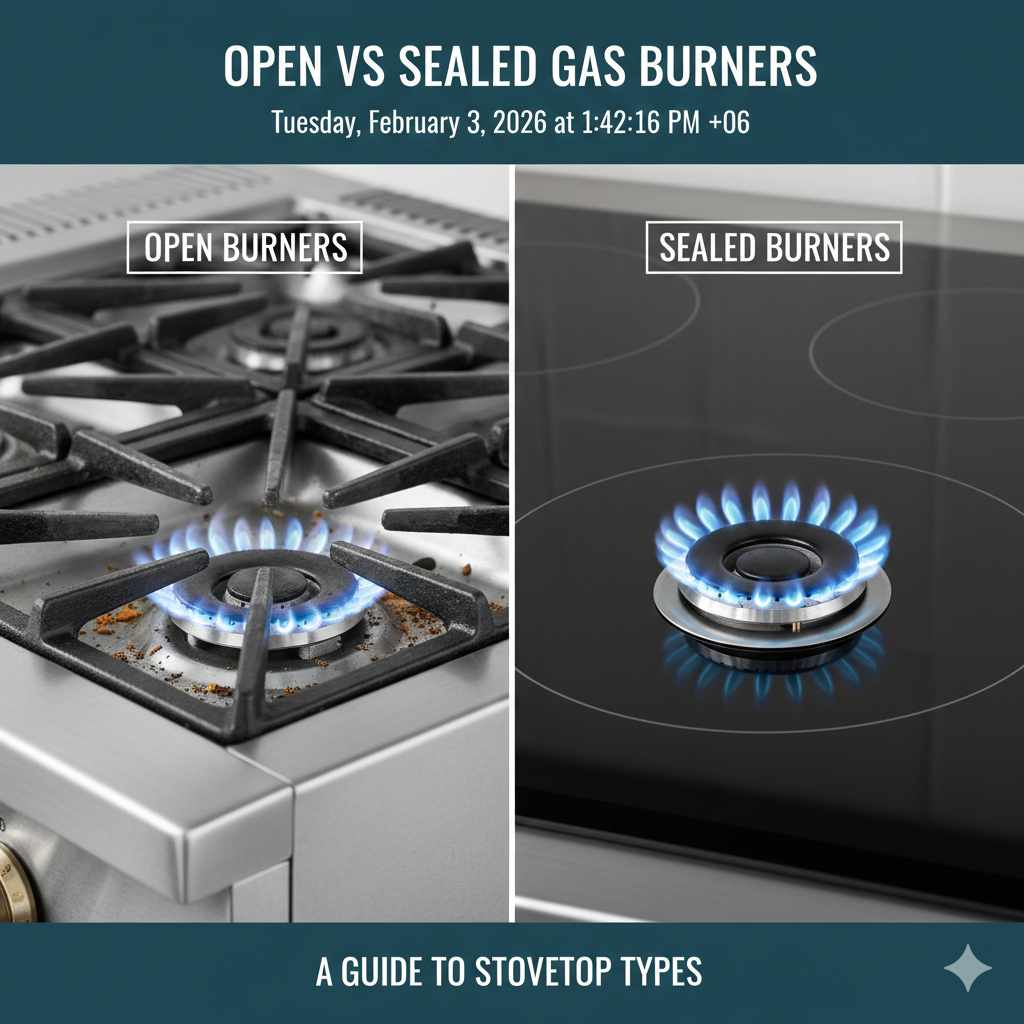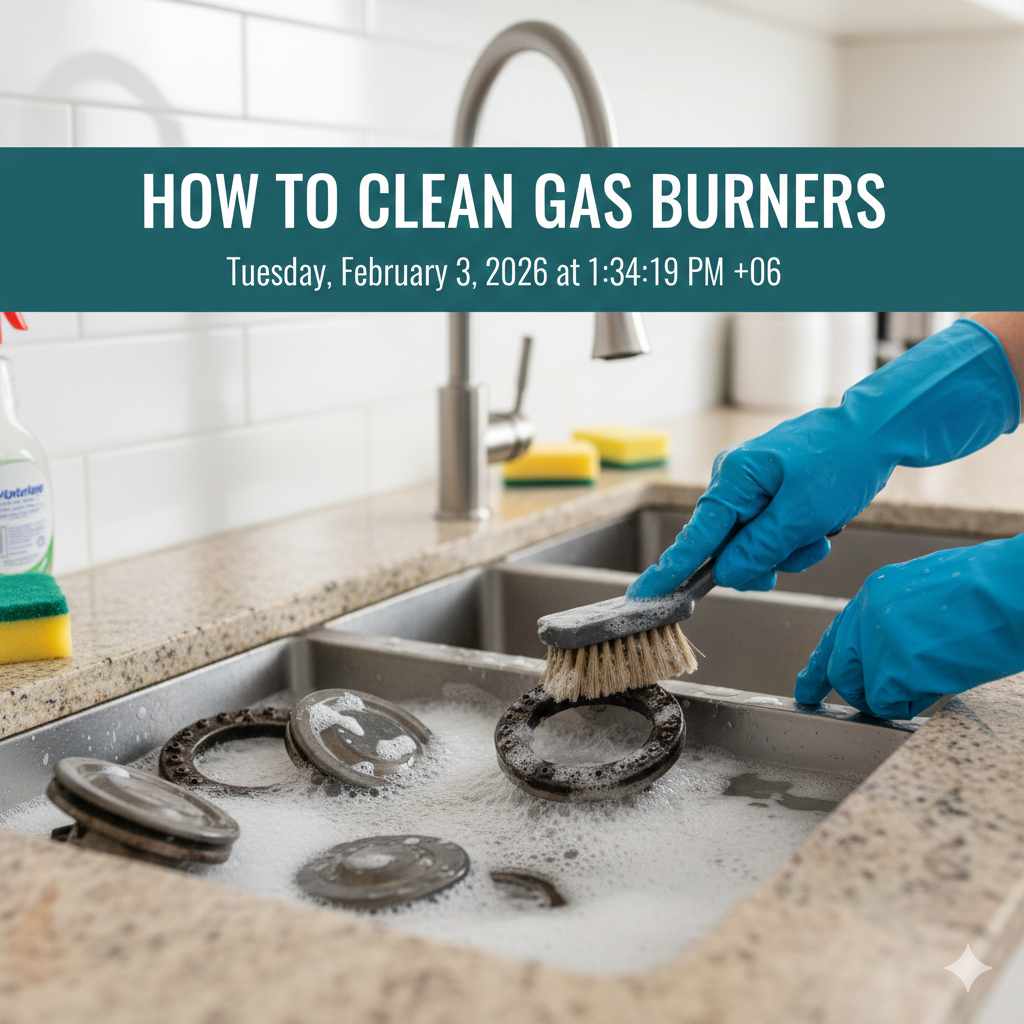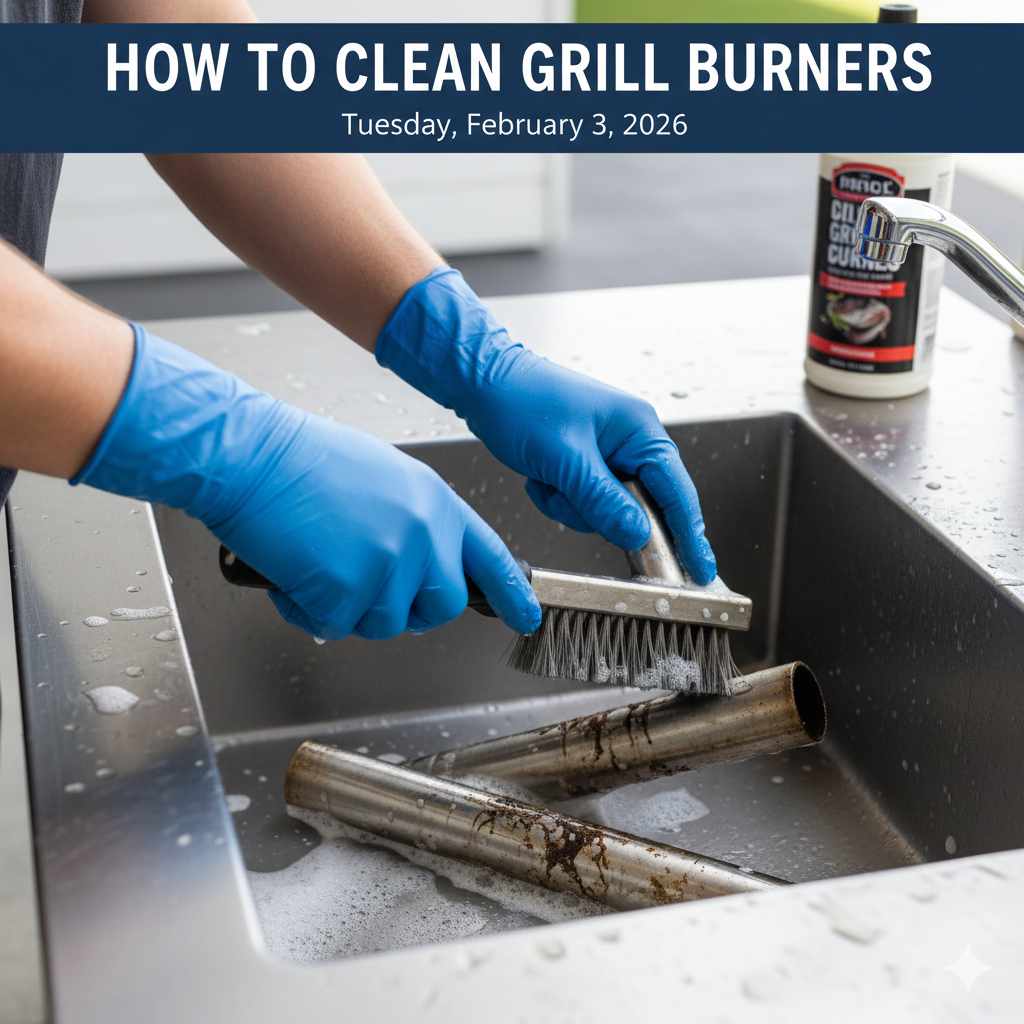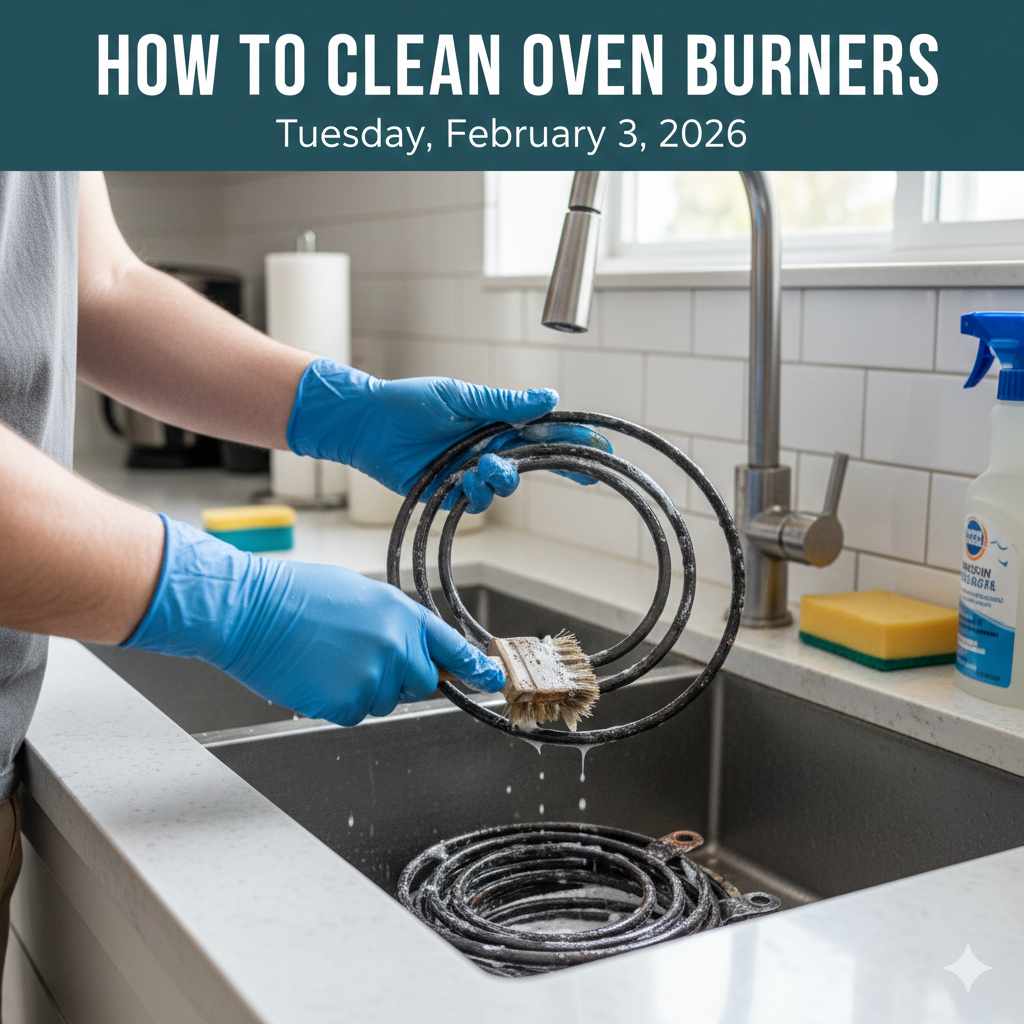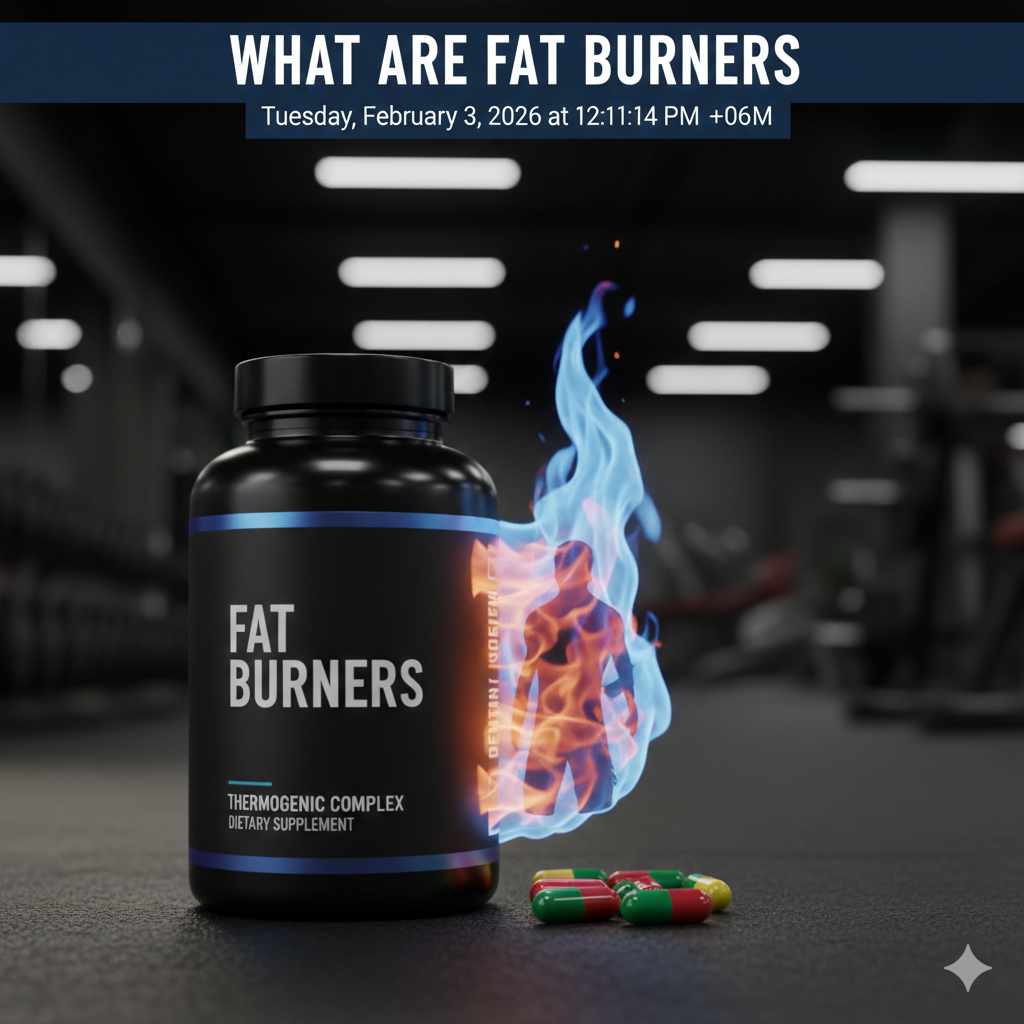Yes, for most people, cooking in aluminum pots and pans is generally considered safe, especially when they are anodized or coated. While concerns about aluminum leaching into food exist, especially with acidic foods and scratched surfaces, research suggests the amounts are minimal and unlikely to cause harm for the average healthy individual.
Are you curious about the pots and pans in your kitchen? Many of us reach for them daily without a second thought. But when it comes to aluminum cookware, some questions pop up. You might wonder if it’s truly safe for your family. It’s totally normal to want the best for your home and health! Don’t stress about it. This guide is here to simplify everything. We’ll explore the facts about aluminum cookware, making it super easy to understand. Get ready to feel confident about your kitchen choices!
Understanding Aluminum Cookware
Aluminum is a popular material for cookware because it heats up quickly and evenly. However, it’s a reactive metal, meaning it can interact with certain foods. Uncoated aluminum can sometimes react with acidic ingredients like tomatoes or lemon juice, potentially leaching small amounts of aluminum into your food. This is where concerns sometimes arise.
Types of Aluminum Cookware
Not all aluminum cookware is created equal. The way it’s manufactured makes a big difference in its safety and performance. Knowing the different types can help you make informed decisions.
- Bare Aluminum Cookware: This is the least expensive type. It heats very well but is also the most reactive. It can easily scratch and can interact with acidic or alkaline foods, leading to discoloration and potential leaching.
- Anodized Aluminum Cookware: This is a common and excellent choice. The process of anodizing hardens the aluminum and creates a non-reactive surface. It resists scratching, staining, and corrosion, making it much safer and more durable than bare aluminum.
- Coated Aluminum Cookware: This includes aluminum pots and pans with non-stick coatings (like Teflon) or stainless steel cladding. The coating acts as a barrier between the food and the aluminum, preventing interaction. As long as the coating is intact, it’s considered safe.
- Enameled Cast Iron with Aluminum Core: Some enameled cast iron cookware uses an aluminum core for better heat distribution. The enamel coating provides a safe cooking surface.

Aluminum and Health: What the Science Says
The question of whether aluminum cookware poses a health risk is a common one. Here’s a breakdown of what scientific research generally indicates.
The human body is exposed to aluminum from various sources, not just cookware. It’s found in food, water, some medications (like antacids), and even in the environment. Our bodies naturally process and eliminate most of the aluminum we ingest.
Concerns primarily revolve around potential links between high aluminum exposure and neurological conditions like Alzheimer’s disease. However, extensive research has not established a definitive causal link between dietary aluminum exposure from cookware and these conditions. Regulatory bodies like the U.S. Food and Drug Administration (FDA) consider aluminum cookware safe for general use. The Joint FAO/WHO Expert Committee on Food Additives (JECFA) has established a provisional tolerable weekly intake (PTWI) for aluminum.
According to the NHS and other health organizations, the amount of aluminum that might leach from cookware, even under less than ideal conditions, is typically very small. For healthy individuals, the body’s natural processes are usually sufficient to manage this level of intake.
Factors Influencing Aluminum Leaching
While generally safe, certain factors can increase the amount of aluminum that might transfer from cookware to food. Being aware of these helps you minimize any potential exposure.
- Food Acidity: Highly acidic foods (like tomato sauces, citrus marinades, or vinegar-based dressings) cooked for long periods in bare aluminum cookware are more likely to cause leaching.
- Food Salinity: Very salty foods can also increase the interaction with aluminum.
- Cookware Condition: Scratched, pitted, or heavily worn bare aluminum cookware is more prone to leaching than smooth, well-maintained surfaces.
- Cooking Time: Longer cooking times, especially with reactive foods, can lead to more material transfer.
- Water Hardness: Some studies suggest that water hardness can influence how much aluminum leaches into food.
Benefits of Aluminum Cookware
Despite the discussions around safety, aluminum cookware offers many advantages that make it a kitchen staple for many.
- Excellent Heat Conductivity: Aluminum heats up incredibly fast and evenly. This means less hot spotting and more consistent cooking, which is great for delicate tasks like sautéing or making sauces.
- Lightweight: Aluminum is much lighter than materials like cast iron or stainless steel, making pots and pans easier to handle, especially when full.
- Affordability: Aluminum cookware is often more budget-friendly than cookware made from other materials, making it an accessible option for many kitchens.
- Durability (especially anodized): When anodized or clad, aluminum is very durable and resistant to warping, scratching, and corrosion.
- Versatility: It’s suitable for a wide range of cooking tasks, from boiling and simmering to frying and sautéing.
Potential Downsides and How to Avoid Them
Like any cookware material, aluminum has potential drawbacks. However, most are easily managed with proper care and by choosing the right type of aluminum cookware.
- Reactivity (Bare Aluminum): As mentioned, bare aluminum can react with acidic foods, causing discoloration and potential leaching.
- Solution: Avoid cooking highly acidic or alkaline foods for extended periods in bare aluminum. Choose anodized or coated aluminum for these tasks.
- Scratching: Bare aluminum can scratch easily, which can worsen reactivity.
- Solution: Use non-metal utensils (wood, silicone, nylon) with all types of aluminum cookware, especially those with non-stick coatings. If your bare aluminum gets scratched, consider replacing it.
- Pitting: Over time, bare aluminum can develop small pits.
- Solution: Proper cleaning and avoiding harsh abrasive cleaners will help prevent this.
- Potential for Leaching: Although generally considered minimal, leaching can occur.
- Solution: Opt for anodized or coated aluminum cookware. If using bare aluminum, avoid cooking reactive foods in it for long durations.
When is Aluminum Cookware Least Safe?
While aluminum cookware is widely accepted as safe for everyday use, there are specific scenarios where caution is advised. These primarily relate to bare, uncoated aluminum.
- Cooking Highly Acidic Foods in Bare Aluminum: Extended simmering of tomato sauces, citrus-heavy marinades, or dishes with a lot of vinegar directly in bare aluminum can lead to significant leaching.
- Using Scratched or Damaged Bare Aluminum: If the surface of bare aluminum is compromised with scratches or dents, it exposes more of the metal and increases the likelihood of food reacting with it.
- Long-Term Storage of Food: Never store acidic or alkaline foods in bare aluminum pots or pans, even in the refrigerator. Transfer food to glass or food-safe plastic containers.
How to Use Aluminum Pots and Pans Safely
Using aluminum cookware can be a joy with a few simple practices. These tips ensure you get the best performance and maintain safety.
Choosing the Right Aluminum Cookware for You
The best type of aluminum cookware depends on your cooking habits and priorities.
- For Everyday Cooking (Most People): High-quality anodized aluminum is an excellent all-around choice. It’s durable, non-reactive, and provides great heat distribution.
- For Non-Stick Lovers: Aluminum with a reliable non-stick coating is perfect if you love easy food release and cleanup. Just be mindful of the coating’s lifespan.
- For Budget-Conscious Cooks: Bare aluminum can be an option if you cook mostly neutral foods (like boiling water or steaming vegetables) and are diligent about not using metal utensils or cooking acidic foods in it.
- For Delicate Sauces & Candies: Pots with a thick, heavy-gauge aluminum base or core (often found in stainless steel clad cookware) offer superior heat control.
Caring for Your Aluminum Cookware
Proper care extends the life of your cookware and helps maintain its safety.
- Wash by Hand: While some anodized aluminum might be dishwasher safe, handwashing is always best to protect the surface, especially non-stick coatings. Use a soft sponge or cloth and mild dish soap.
- Avoid Abrasive Cleaners: Never use steel wool, harsh scouring pads, or abrasive cleaners on aluminum, as they can scratch the surface and damage the finish. For tough messes, soak the pan before cleaning.
- Use the Right Utensils: With coated or anodized aluminum, always use wooden, silicone, or nylon utensils. Avoid metal utensils that can scratch the surface.
- Seasoning (Bare Aluminum Only): Some intensely used bare aluminum cookware can benefit from occasional seasoning, similar to cast iron, to create a more protected surface. This involves coating with oil and heating. However, this is often unnecessary for typical home use.
- Cool Before Washing: Let your aluminum pans cool down before immersing them in water. A sudden temperature change can cause warping.
- Dry Thoroughly: After washing, dry your aluminum cookware completely to prevent water spots.
Cooking Tips for Safety
Integrate these simple cooking habits for optimal safety with aluminum cookware.
- Prioritize Anodized or Coated: For acidic foods like tomato sauce, lemon-based marinades, or anything with vinegar, always use anodized aluminum or aluminum with a protective coating.
- Limit Cooking Time for Reactive Foods: If you’re using bare aluminum, try to limit the cooking time for foods that are more likely to react. For instance, quickly sautéing vegetables is fine, but simmering a bolognese sauce for hours might be better done in a different pot.
- Don’t Store Food: As a golden rule, never store leftover food in aluminum pots or pans. Transfer it to a suitable storage container.
- Inspect Regularly: Before each use, give your aluminum cookware a quick once-over. Check for any deep scratches, pitting, or significant wear on the cooking surface.
- Cook Smarter, Not Harder: Understand your cookware. Your beautifully seasoned cast iron or your trusty stainless steel might be the better choice for those long, slow, acidic braises, leaving your versatile aluminum for quicker tasks where it truly shines.

Aluminum vs. Other Cookware Materials: A Comparison
To fully appreciate why so many people choose aluminum, it helps to see how it stacks up against other popular cookware materials.
| Material | Heat Conductivity | Reactivity | Durability | Price Range | Best For | Key Safety Note |
|---|---|---|---|---|---|---|
| Anodized Aluminum | Excellent | Non-reactive | Very Good (scratch-resistant) | Moderate | All-around cooking, everyday use | Keep surface intact; avoid extreme overheating |
| Coated Aluminum (e.g., Non-stick) | Excellent | Non-reactive (if coating is intact) | Good (coating can degrade) | Moderate | Delicate foods, eggs, pancakes; easy cleanup | Do not overheat; replace if coating is scratched or peeling |
| Bare Aluminum | Excellent | Reactive (especially with acids/alkalis) | Fair (scratches/pits easily) | Low | Boiling water, quick sautéing with neutral foods | Avoid acidic/alkaline foods; do not store food |
| Stainless Steel | Good (often with aluminum/copper core) | Non-reactive | Excellent | Moderate to High | Searing, browning, one-pot meals, acidic dishes | Can have hot spots if no core; generally very safe |
| Cast Iron (Enameled/Bare) | Fair (heats slowly but retains heat well) | Non-reactive (enameled); slightly reactive (bare, especially with acids) | Exceptional | Moderate to High | Braising, searing, baking, fried foods | Bare cast iron can react with acids; enameled is safest |
| Copper | Superior | Reactive (often lined with tin or stainless steel) | Good (can dent) | High | Sauces, delicate cooking requiring precise temperature control | Ensure lining is intact; copper itself is reactive |
Frequently Asked Questions
Having clear answers to common questions can make a world of difference when you’re trying to learn something new. Here are some frequently asked questions about cooking with aluminum pots and pans.
Q1: Is it safe for my children to eat food cooked in aluminum pots and pans?
Yes, for the vast majority of children, it is safe. As long as you are using properly maintained anodized or coated aluminum cookware, and not extensively cooking highly acidic foods in bare aluminum, the trace amounts of aluminum that might transfer are considered safe by health authorities and are well within acceptable intake levels.
Q2: Should I be worried about aluminum leaching if I cook acidic foods like tomato sauce?
You should be mindful, particularly if you are using bare aluminum. For acidic foods, it’s best to use pots and pans made of anodized aluminum or aluminum with a protective coating (like non-stick or stainless steel). These materials act as a barrier, preventing significant leaching. For bare aluminum, avoid prolonged cooking of acidic foods.
Q3: How can I tell if my aluminum cookware is safe to use?
Inspect your cookware regularly. For anodized or coated aluminum, look for any deep scratches, chips, or peeling of the coating. If the surface looks pristine and smooth, it’s generally safe. For bare aluminum, ensure it’s not heavily pitted, discolored, or excessively scratched. If you have doubts about the integrity of any aluminum cookware, it’s always best to err on the side of caution and consider replacing it.
Q4: Can I use aluminum foil to cook food? Is that safe?
Cooking food wrapped in aluminum foil, especially acidic foods, can cause some aluminum to transfer to your food. While the amounts are usually small, some health experts advise against frequent cooking of very acidic foods directly in aluminum foil. For general cooking of most foods, it’s considered safe, but using parchment paper or silicone wraps for highly acidic items is an alternative.
Q5: Does cooking in aluminum affect the taste of food?
Bare aluminum, when it reacts with certain foods, can sometimes impart a faint metallic taste, especially with strongly acidic or alkaline ingredients. However, this is usually not a concern with anodized or coated aluminum cookware, which are designed to be non-reactive and preserve the true flavor of your food.
Q6: Are there any specific health conditions where people should avoid aluminum cookware?
Individuals with severe kidney disease may have difficulty excreting aluminum from their bodies, making them potentially more susceptible to aluminum accumulation. If you have severe kidney issues, it’s always a good idea to discuss dietary concerns and cookware choices with your healthcare provider. For the general population, standard aluminum cookware use is not typically flagged as a health risk.
Q7: What is “hard anodized” aluminum, and is it safer?
Hard anodizing is an electrochemical process that makes aluminum exceptionally hard, durable, and non-reactive. This results in cookware that is extremely resistant to scratching, corrosion, and warping. Hard-anodized aluminum is considered very safe for cooking, as the process essentially seals the aluminum surface, preventing significant leaching.
Conclusion
Navigating the world of cookware can feel like a puzzle, but when it comes to aluminum pots and pans, the picture is becoming much clearer. For most of us, cooking with aluminum cookware, especially anodized or coated varieties, is a safe and effective way to prepare delicious meals. These materials offer fantastic heat distribution and are often more budget-friendly and lighter than alternatives.
The key to maximizing safety and performance lies in choosing the right type of aluminum cookware for your needs and taking good care of it. By opting for anodized or coated surfaces, using appropriate utensils, avoiding prolonged cooking of highly acidic foods in bare aluminum, and never storing food in these pots and pans, you can cook with confidence.
Remember, the goal is to create a comfortable, beautiful, and healthy home environment. Understanding your kitchen tools is a big part of that! So, go ahead and embrace the efficiency and even heating that aluminum cookware offers. With this essential guide, you’re well-equipped to make informed choices that suit your kitchen and your lifestyle perfectly. Happy cooking!



